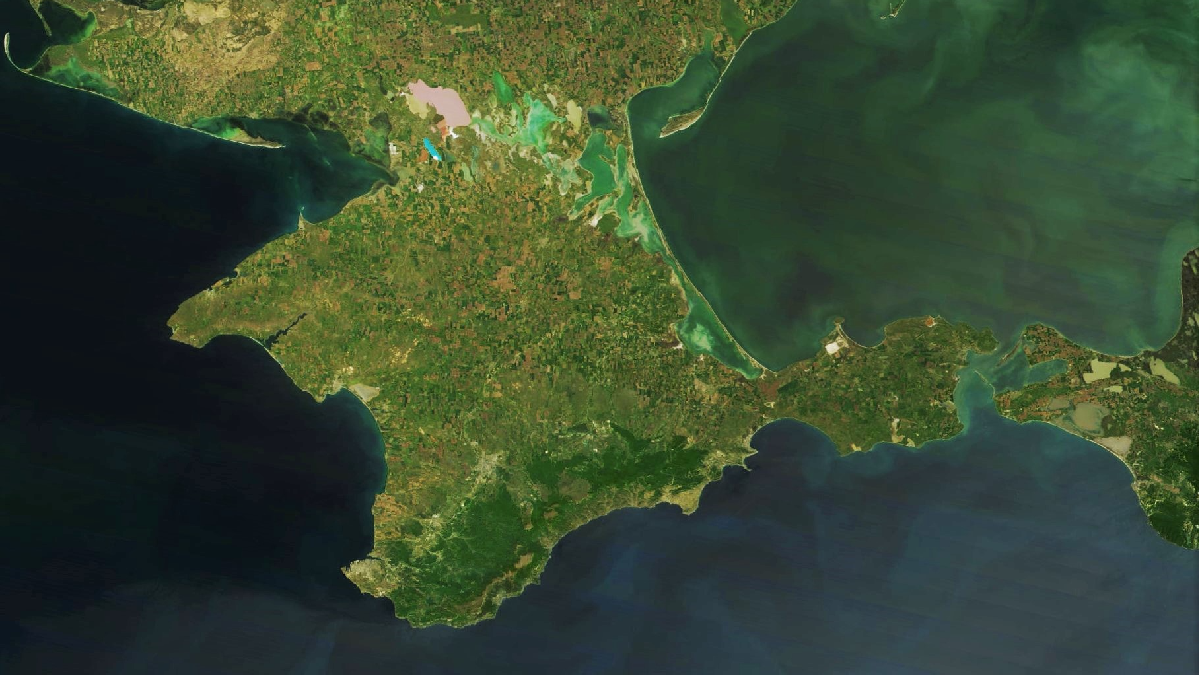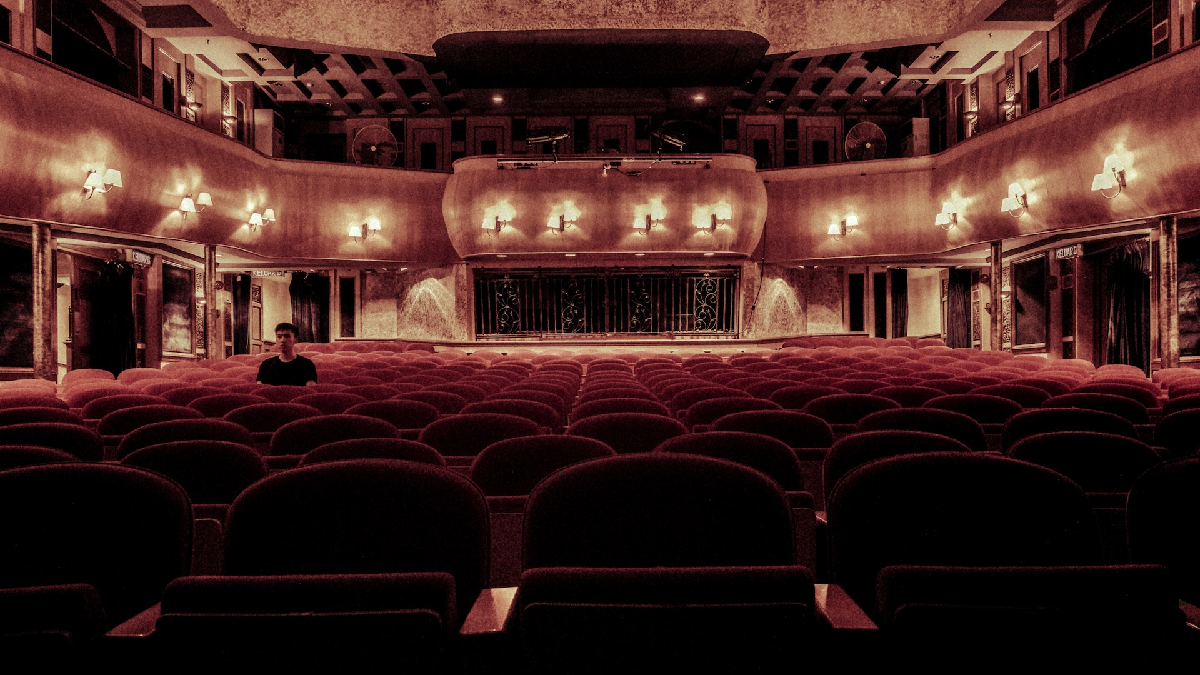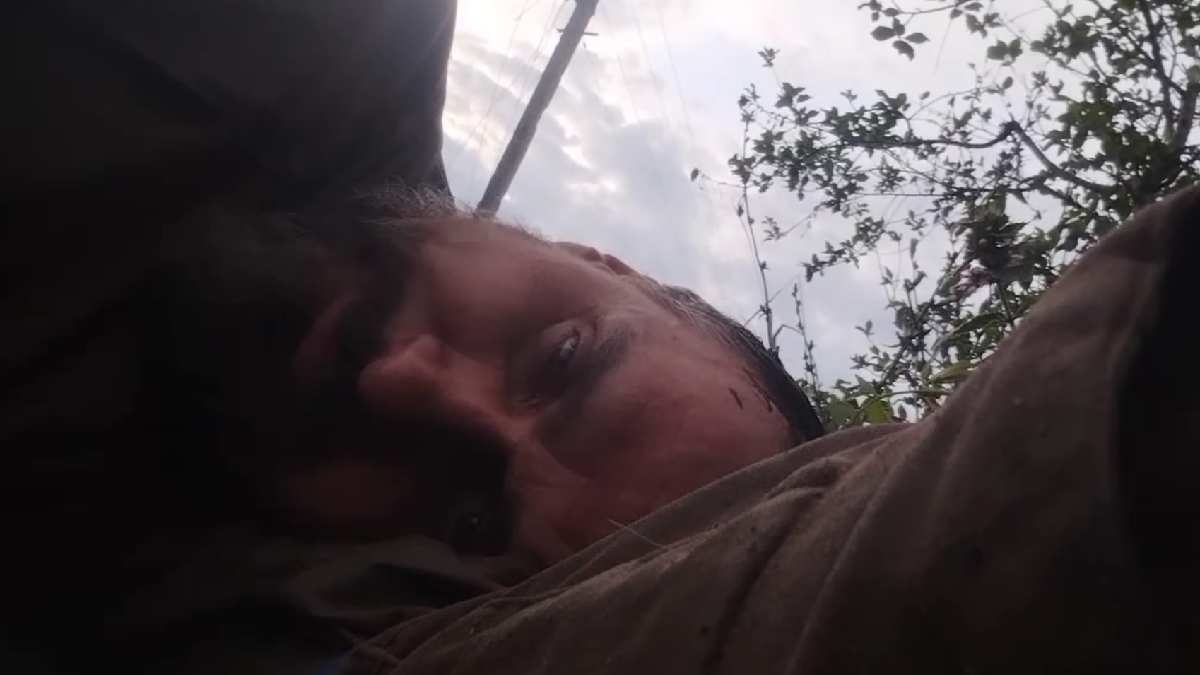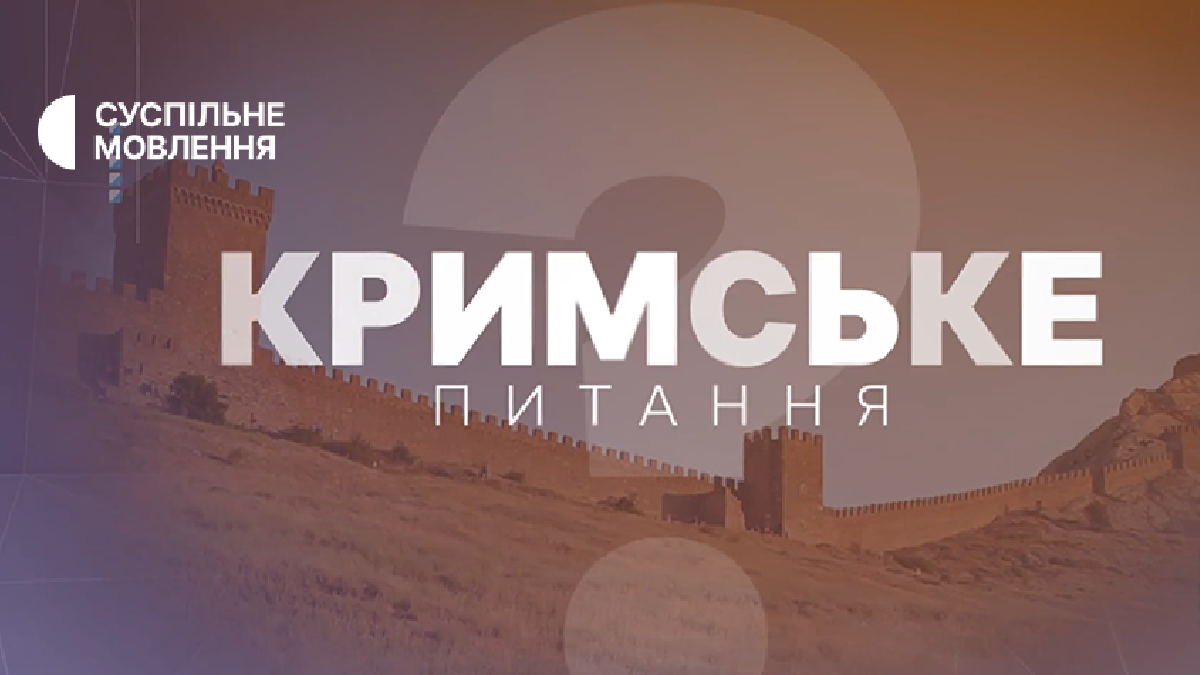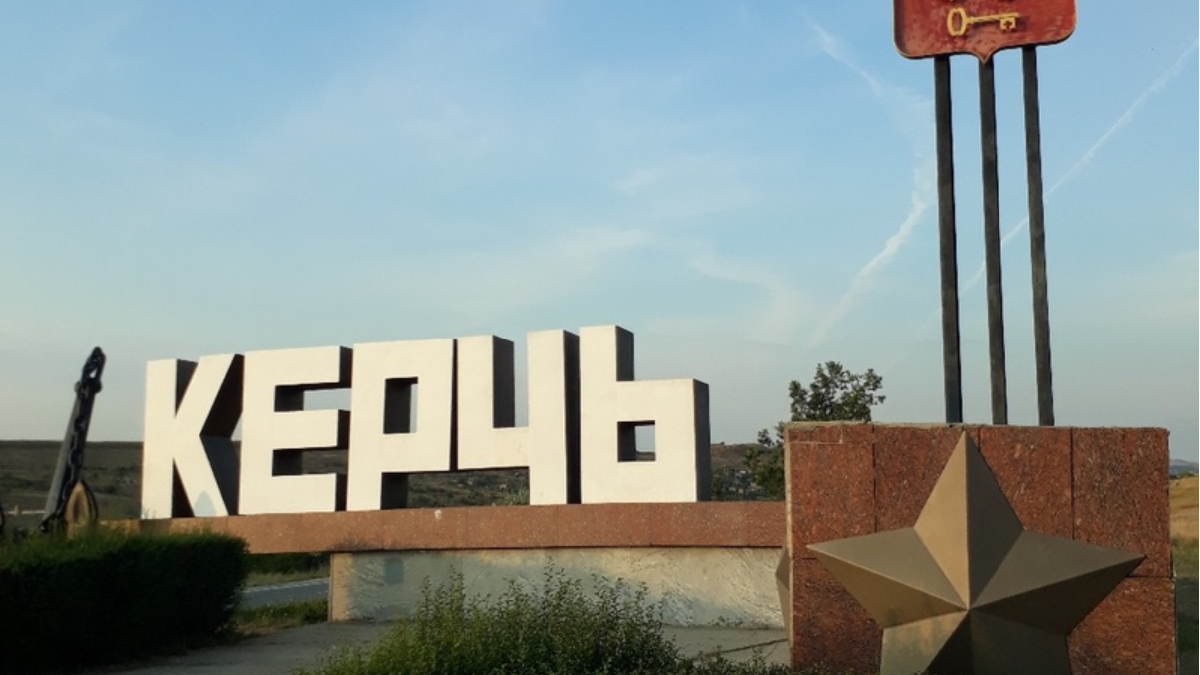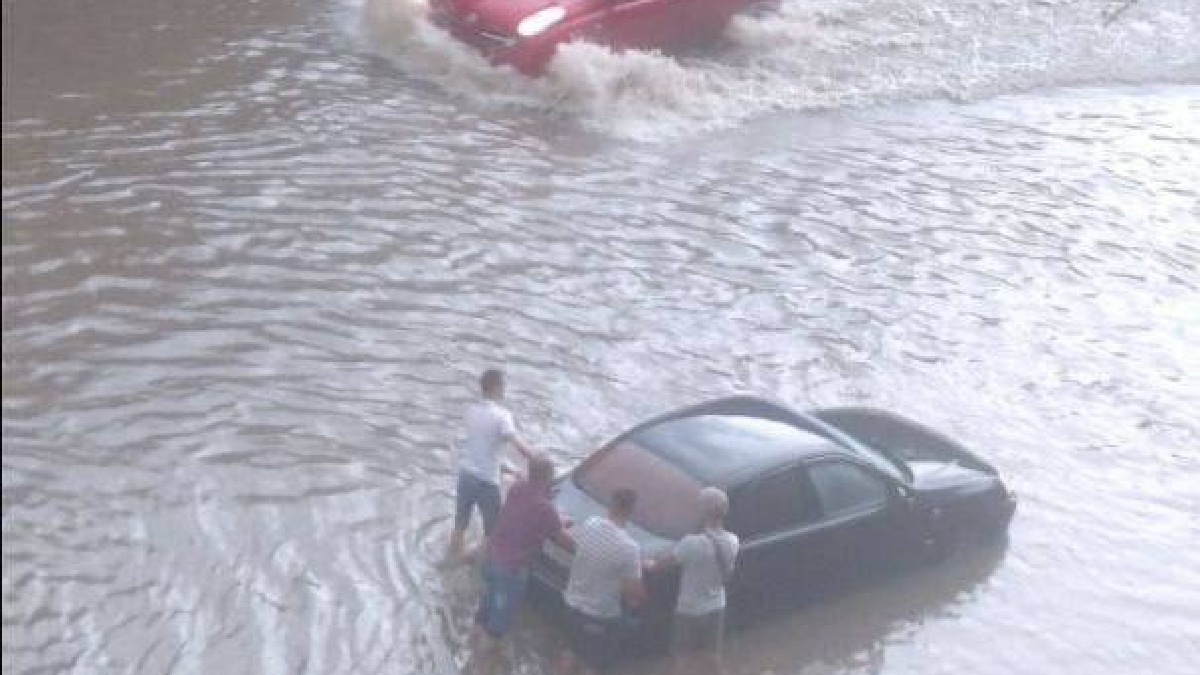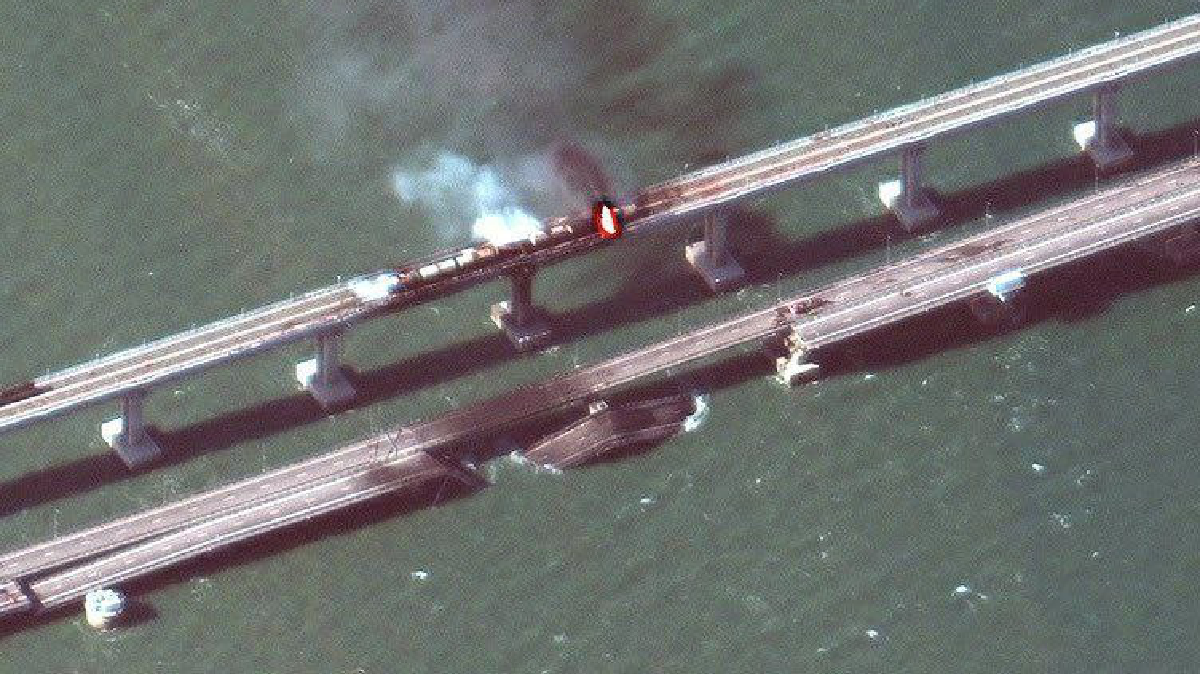Destruction of independent journalism in occupied Crimea
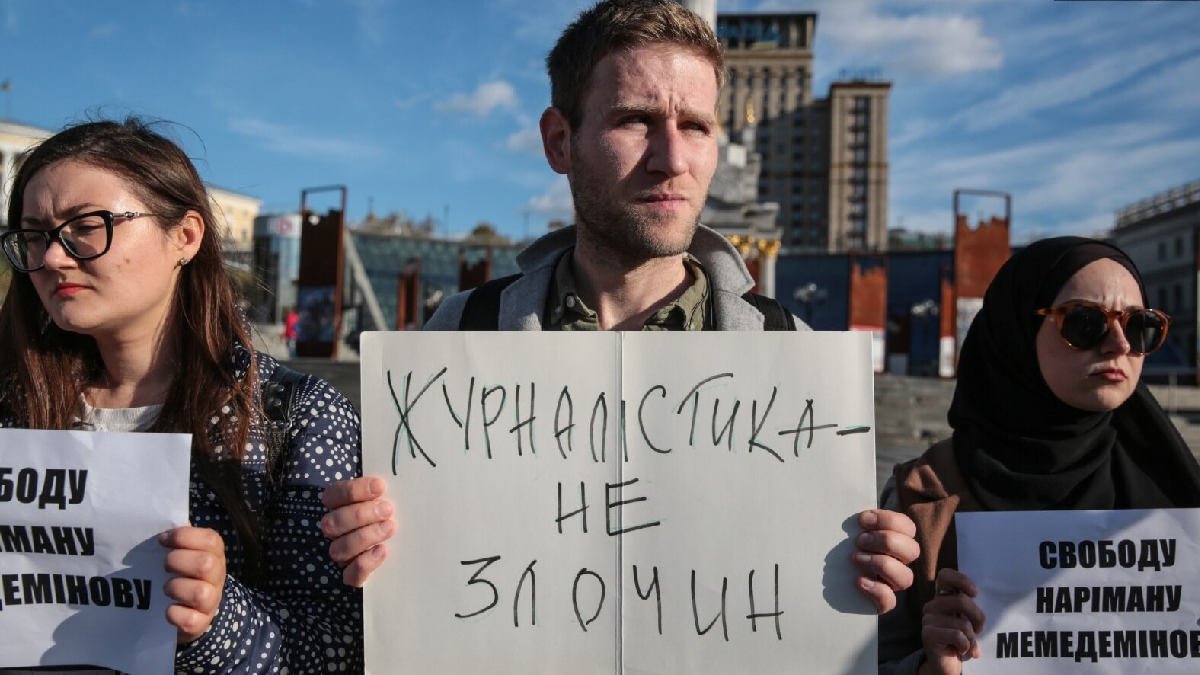
From the first days of the Russian occupation authorities’ presence on the Ukrainian peninsula, the hunt for journalists who actively covered the illegal invasion has begun. Despite constant threats from the occupying authorities, some Crimean newsrooms continued to cover stories and write articles about Russian seizures of Ukrainian military bases, the disappearance of pro-Ukrainian activists, and preparations for a fake referendum. But within a month, they had to make a choice: join the occupation media, or remain committed to their profession, but with constant threats, harassment, and possible detention.
Everyone understood that honesty and objectivity are not the criteria of journalism that the Crimean authorities would value. So, after the “Crimean referendum”, most independent Crimean media moved to the capital of Ukraine, where they continue to cover the events on the peninsula.
Mykola Semena
In April 2016, a series of searches and seizures of equipment from independent journalists from Yalta, Simferopol, and Sevastopol took place, after which the majority also left the peninsulas under pressure. The raids took place as part of the investigation of a criminal case against Mykola Semena, a freelance correspondent for Radio Liberty’s Crimea. Realities project.
Mykola Semena, a journalist convicted on the peninsula and who moved to Kyiv, told ZMINA that the Russian authorities in occupied Crimea have made and are making a lot of efforts to destroy free journalism.
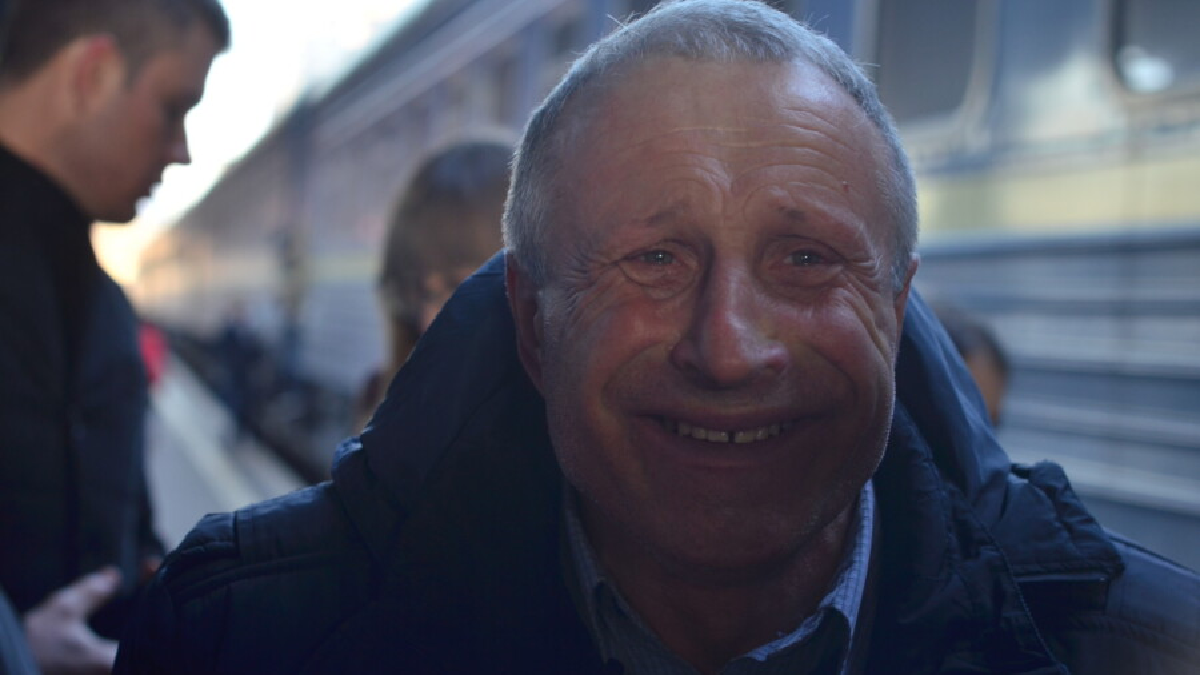 Source: ZMINA
Source: ZMINA
A veteran of Crimean journalism, Mykola Semena, remained after the annexation of Crimea and wrote articles for the project of Radio Liberty “Crimea. Realities”. On September 22, 2017, he was arrested. The journalist received a two-and-a-half-year suspended sentence and a three-year ban on professional activities.
He was followed secretly for a year. They even sent two people who pretended to be employees of a computer company that provides the Internet. And under this pretext, they got into his computer. Then it turned out that everything he wrote was read by the FSB. The journalist found out about this during interrogations.
“They initially persecuted professional journalists. Many media outlets that did not agree with the annexation were persecuted and had to move to Kyiv. Citizen journalists collected and passed important information to free media outside of Crimea. The occupying power fought against citizen journalism. And now they are trying to clear the second wave of citizen journalism".
During the eight years of occupation of Crimea, the Russian authorities actually destroyed independent Crimean journalism and drove its remnants underground.
All these years, local FSB officers have not tired of inventing various ways to restrict access to the peninsula for Ukrainian journalists and continue to start new criminal cases against them.
Оlexandra Yefimenko
Journalist Oleksandra Yefimenko told Suspilne Crimea about possible persecution by Russian police in occupied Crimea.
“In 2019, I went to work in Simferopol. People in civilian clothes approached me, introduced themselves as the migration service, and asked me to go with them. To my question about the refusal to go with them, they replied it would force them to make a pretext, and this would be an additional reason for opening an administrative case”, - the journalist shared.
Yefimenko added that she agreed to go with them. But she asked to allow her to notify her lawyer about this situation because she would not communicate without him. They agreed.
“The major complaint against me was that I was suspected of illegal professional activity. I had to explain that I work legally because I have an accreditation in one of the Russian media, and the absence of my Russian passport then had no role. I had a Crimean registration and had full rights to work on the territory of the temporarily occupied peninsula”, - she said.
According to her, the conversation in the department lasted for three hours. The lawyer arrived, but he was not allowed to enter for a long time.
“About three hours later, I left the department. No report was drawn up, no case was opened, they just gave their explanations. Actually, until 2021, I did not have such serious problems working in Crimea”, - the journalist recalled.
She explained that all independent journalists, activists, and human rights defenders who work on such issues as political persecution and human rights violations are completely calm about it.
Recently, on her Facebook page, the journalist reported on the persecution during her last trip to the occupied peninsula.
 Source: Оlexandra Yefimenko
Source: Оlexandra Yefimenko
“My last trip to the Crimea lasted from September to November. A week later, after arriving on the peninsula, when I opened the gate of my house in the morning, two red carnations with a black ribbon fell at my feet. Then I decided to stay and complete my work. However, I realised it was a very serious warning. After returning to Kyiv at the end of December 2021, I was called and told that there were “police” in the place where I stayed during my work trip. They came, called my name, and asked neighbours for information about me”, - the journalist wrote.
According to her, whoever arranged all this, in fact, deprives Yefimenko of the right to a profession. She had been waiting for something like this for a long time and was not surprised.
“I have been working as a correspondent in Crimea for four years, since November 2017. And for the first time, I decided I needed to stop. My trips to the peninsula now will not bring benefits and quality work, but problems for me and most importantly, my close circle. I will not go to Crimea until better times. It does not mean that I will leave this topic. It means that I just need to adjust to the new reality. The decision was not easy for me”, - the journalist said.
She added that she does not consider this situation a reason to stop her professional activities. Alexandra Yefimenko will continue to work but in a different format.
Persecution and intimidation, which entails the departure of independent journalists from Crimea, have become a certain strategy of the occupiers not only in creating an information vacuum but also in waging an information war for the consciousness of Crimeans.
Taras Ibragimov
"I started to work in Crimea as a correspondent in 2015. I covered political persecution on the peninsula, repressions against Crimean Tatars and Ukrainians, who expressed their disagreement with the annexation of Crimea, and with the narratives that Russia imposed on the peninsula. Basically, my work was to attend court hearings, describe everything I saw on the news/reports, and shoot videos. This continued until 2020.
Over the course of five years, the "FSB" repeatedly detained me. I was repeatedly taken to the police station and the Centre for Countering Extremism. They hinted in every possible way that my work was undesirable in Crimea, that I covered the repressions against the Crimean Tatars in a different focus than the Russian security forces would like to see. I still went on video shooting, and it lasted until a certain point. It all ended in January 2020, when I was banned from entering Crimea and the Russian Federation for 34 years", -Taras Ibragimov, a freelance correspondent of "Crimea. Realities", told Suspilne Crimea.
For four years, he had more than ten trips to the peninsula. According to Ibragimov, the reason for the ban on entry was "mutual hostility between the FSB and the journalist".
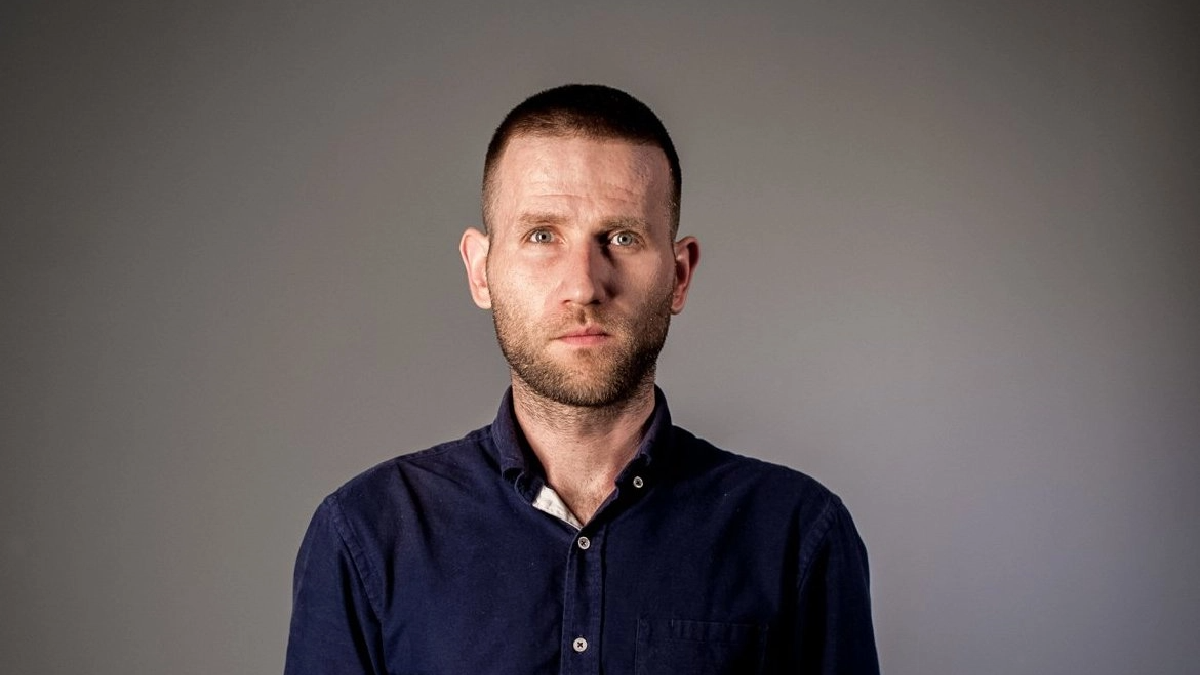 Source: vivmediaforum.com
Source: vivmediaforum.com
According to the journalist, the official explanation was “an ordinary piece of paper” which said about the ban on entry to Crimea under the law of the Russian Federation, and in a conversation, an officer of FSB “indirectly confirmed the reason”.
He added that there was no actual interrogation because the Russians knew who he was.
Ibragimov said that in the beginning, he wrote on general topics, and then went to the peninsula with a human rights mission - he was at the trial in the case of Akhtem Chiygoz and then began to write about the courts and cases of other political prisoners: Mykola Semena, Ilmiy Umerov, Edem Bekirov.
“The security forces did what they wanted. They ousted the independent journalist from the peninsula. This fate befell all my Crimean colleagues: Alena Savchuk, Alina Smutko, Sasha Yefimenko. All the journalists who covered the repressions on the territory of the occupied peninsula and worked directly in Crimea cannot come to Crimea now because they understand that the fate of Vladislav Yesipenko awaits them all”, - Taras Ibragimov said.
Vladislav Yesipenko
On March 16, 2021, it became known about the detention in Crimea by the occupying FSB of Ukrainian Vladislav Yesipenko, a free-lance journalist of Radio Liberty.
According to the occupying FSB, Yesipenko "took photos and videos of the area, life support facilities and places of mass stay of people on the territory of Crimea".
“To prevent subversive actions in the interests of the Ukrainian special services, Yesipenko was detained, and during the examination of his car, an object with external signs of an improvised explosive device was found and seized”, - the FSB said.
On March 18, the occupation TV channel Crimea 24 aired an interview with Vladislav. Oleg Kryuchkov, the TV channel's general producer, interviewed him. In a video published on the Crimea 24 website, Yesypenko confirmed that he was filming on the peninsula for Crimea. Realities and said that he allegedly duplicated the video to Ukrainian special services.
Physiognomist Tetyana Larina told Suspilne Crimea that in an interview with the occupiers, Vladislav Yesipenko was forced to confess.
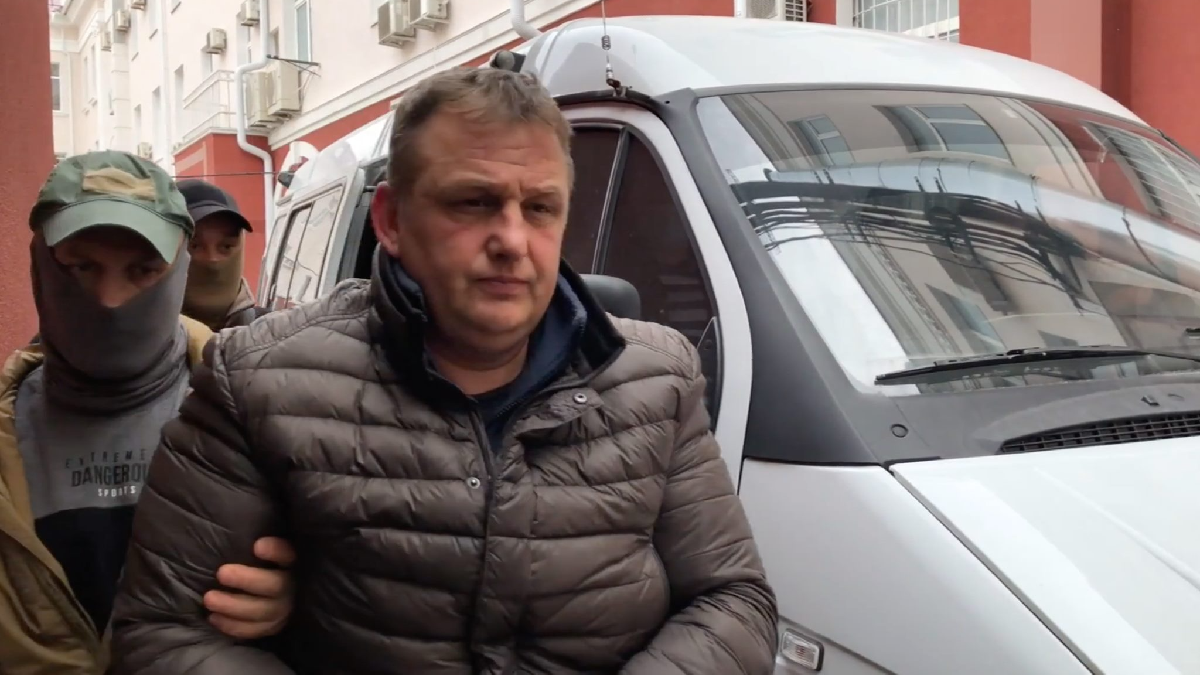 Source: Censor. Net
Source: Censor. Net
'Ín the video, he answers with a slight smile. This happens unconsciously and occurs when we say what we do not consider it necessary to say", - Larina said.
According to her, Vladislav Yesipenko answers all questions with supposedly prepared phrases and is constantly in a defensive position.

